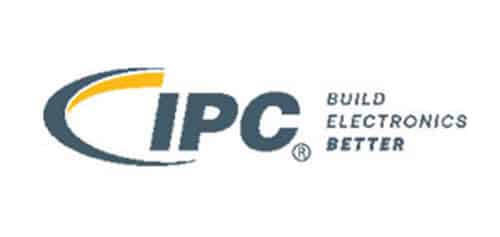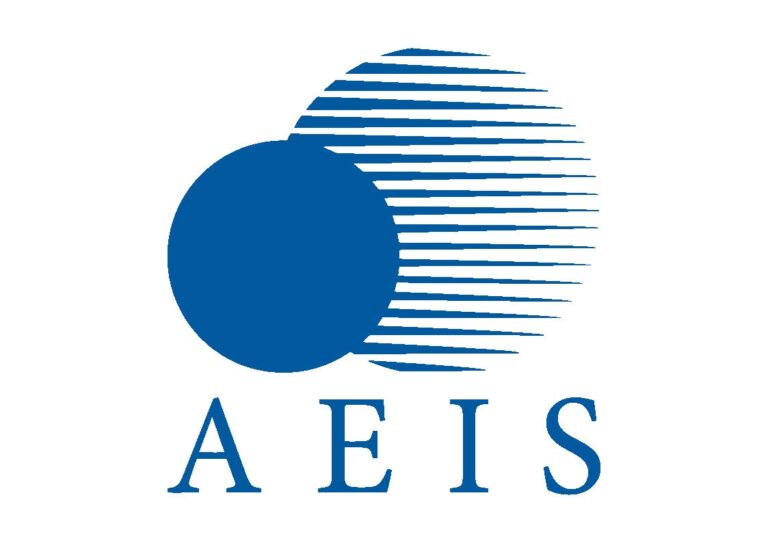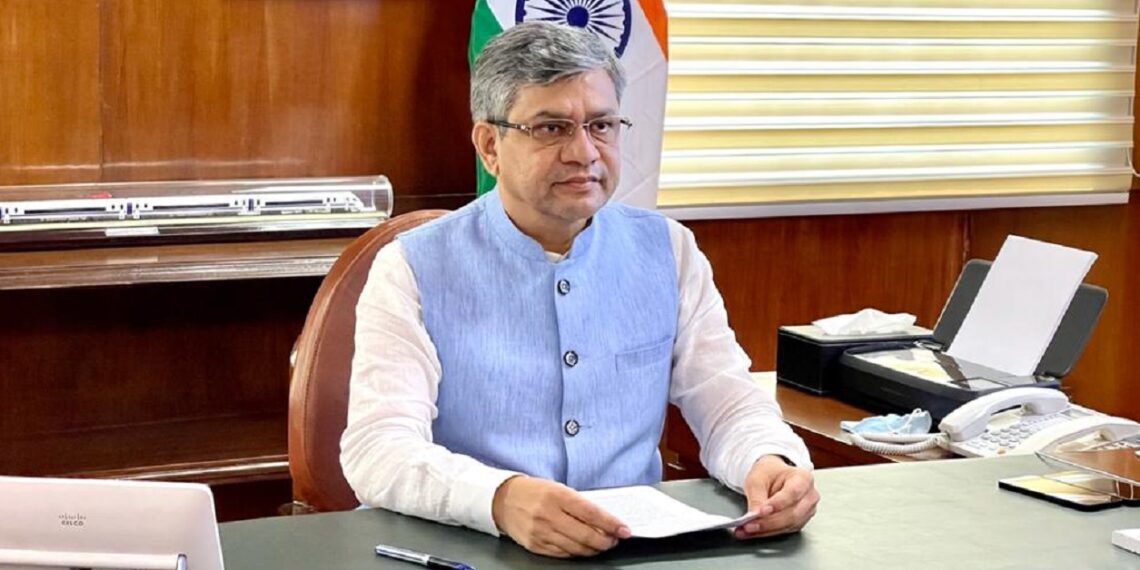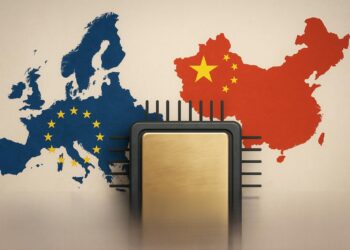India and Japan have signed a Memorandum of Understanding (MoU) to advance semiconductor design, manufacturing, research, talent development, and reinforce the chip supply chain. This collaboration comes as the second major country-level agreement that India has entered into, following an earlier pact with the United States to promote cooperation in semiconductor design.
A key player in this collaboration is the Rapidus Corporation of Japan, a Tokyo-headquartered semiconductor manufacturer that emerged in August 2022, with substantial support from renowned Japanese entities such as Denso, Kioxia, MUFG Bank, NEC, NTT, SoftBank, Sony, and Toyota. The Rapidus Corporation will play a vital role in the execution of this memorandum of cooperation.
Union Minister for Electronics and Information Technology, Ashwini Vaishnaw announced the historic agreement. He highlighted the significance of the partnership and emphasized that the combined expertise of Indian and Japanese companies would yield substantial advancements in the semiconductor industry.
“The MoU is on five fronts, namely, semiconductor design, manufacturing, equipment research, talent development and bringing resilience to the semiconductor supply chain,” Union Minister Ashwini Vaishnaw said.
The partnership comes after US-based semiconductor major Micron Technology announced plans to invest in a $2.7 billion assembling plant in the country. Also, companies like Vedanta Limited and Foxconn are exploring applying for semiconductor incentive schemes in the country.
The government announced a $10 billion crore PLI incentive in December 2021 to develop a semiconductor ecosystem in the country. Vaishnaw said the government had multiple rounds of discussions with the Japanese industry, the Japanese government and Japanese academia and then reached the decision.
“Rapidus, a Japan corp., will be playing a role in focusing on the full value chain instead of what other countries are doing which is emphasizing only fabrication. With Japan we usually have detailed discussions and once the agreement is signed it goes on for years,” added the minister.
Japan is a leading player in the semiconductor industry and some of its companies provide raw materials such as ingot, wafers, gases and more to even world chip leaders such as Taiwan.
This collaboration aims to foster an integrated and robust semiconductor ecosystem by combining these strengths.










